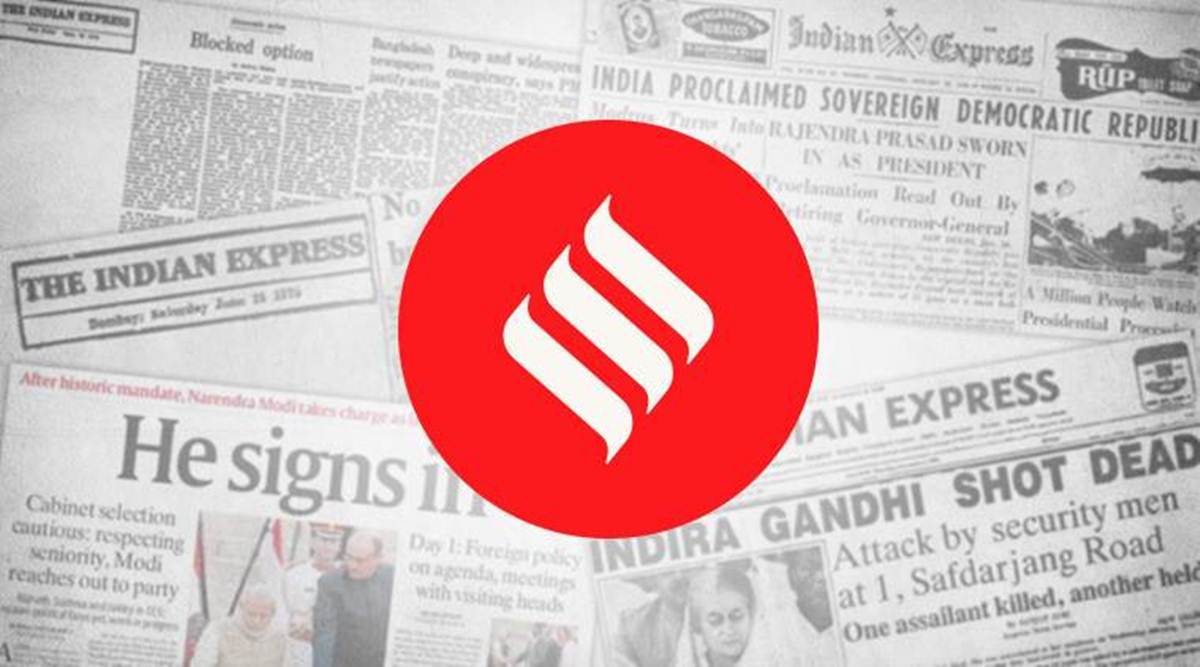 An outright ban would typically come as a last resort, when domestic prices continued to rise.
An outright ban would typically come as a last resort, when domestic prices continued to rise.Retail prices of onions have crossed Rs 40 per kg in Delhi, more than doubling in the last one month. The Narendra Modi government has responded straightaway by banning exports. The quantities involved aren’t small. In 2019-20, India exported 11.50 lakh tonnes (lt) of the bulb, which fetched Rs 2,320.70 crore. These numbers stood even higher, at 21.84 lt and Rs 3,468.87 crore in the preceding fiscal. In previous episodes of price increase, the government used to not hit the brakes immediately. It would initially impose a minimum export price below which shipments weren’t allowed and then raise this gradually in order to discourage any sales outside the country. An outright ban would typically come as a last resort, when domestic prices continued to rise.
This time, any semblance of gradualism has been dispensed with. The trigger seems to be the latest data on consumer price index inflation for August, which, at 6.69 per cent, was above the Reserve Bank of India’s (RBI) upper target limit of 6 per cent. Moreover, retail prices of food, which are a disproportionate 45.86 per cent in the overall index, are up 9.05 per cent. Sticky food prices, compounded by uncertainty over the extent of damage to the standing kharif crop from excessive August rains, have complicated the RBI’s task of further cutting interest rates to revive the economy that is in contraction mode. And in this case, it’s the entire “POT” (potato, onion, tomato) complex that is on the boil. Potatoes and tomatoes, too, are now retailing at over Rs 35 and Rs 50 per kg, respectively. That, of course, has a huge bearing on inflation expectations of households.
The current export ban comes, ironically, even as the Narendra Modi government is set to pass major reform laws for removing all movement and stockholding restrictions on farm produce. Onion growers have reasons to feel aggrieved about the government intervening only on behalf of consumers: The same bulb that is wholesaling today at Rs 28-30/kg in Maharashtra’s Lasalgaon market was trading at Rs 6.50-7 just over a month ago. The government must, to ensure the credibility of its recent agricultural reform measures, rescind the export ban. Farming is a tough job with inherent weather and price-related uncertainties. Building export markets takes time and entrepreneurial effort. The government, if it wants to help consumers, should build a buffer stock of all essential foodstuffs. The time has come to stop forcing producers to bear the burden of inflation targeting.
📣 The Indian Express is now on Telegram. Click here to join our channel (@indianexpress) and stay updated with the latest headlines
For all the latest Opinion News, download Indian Express App.